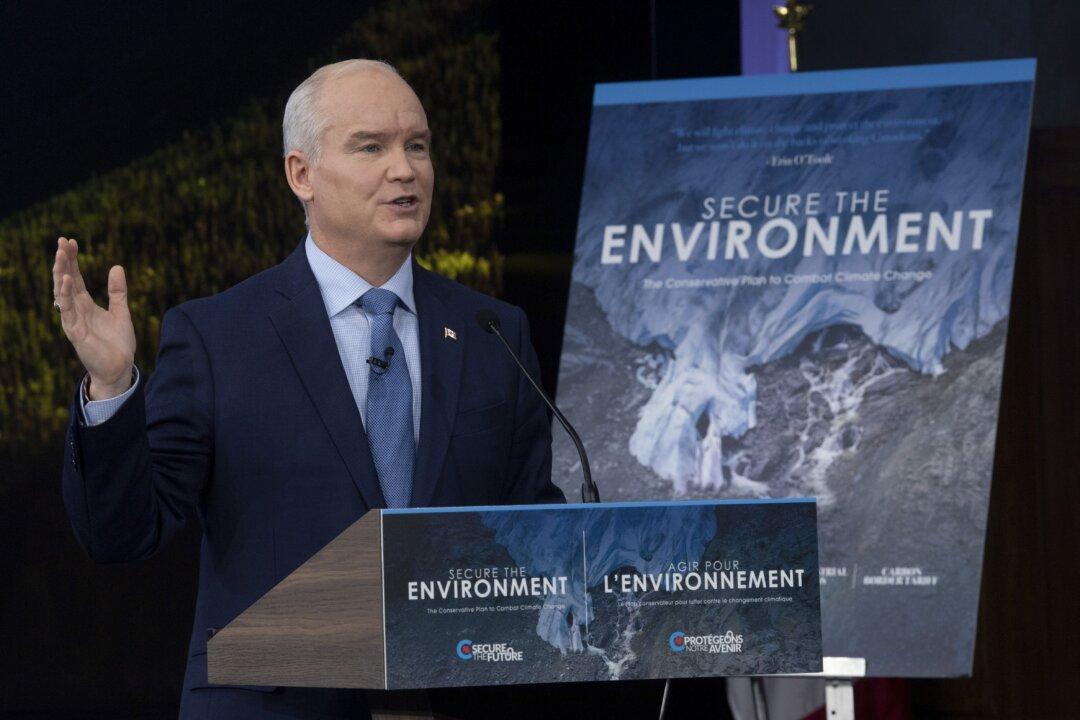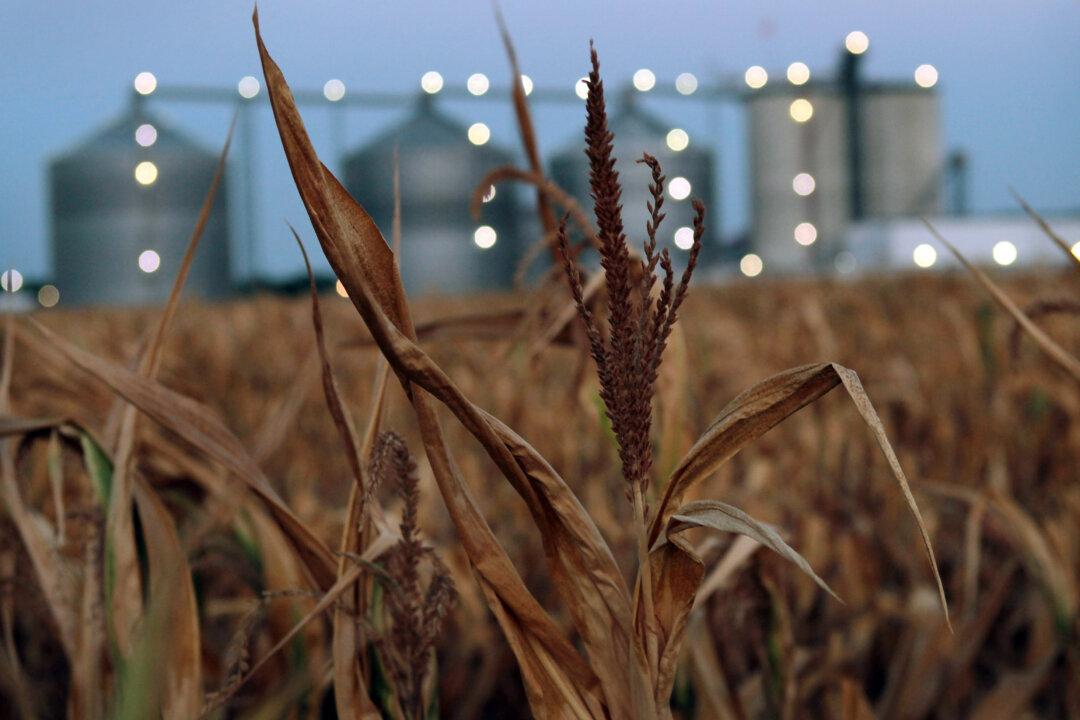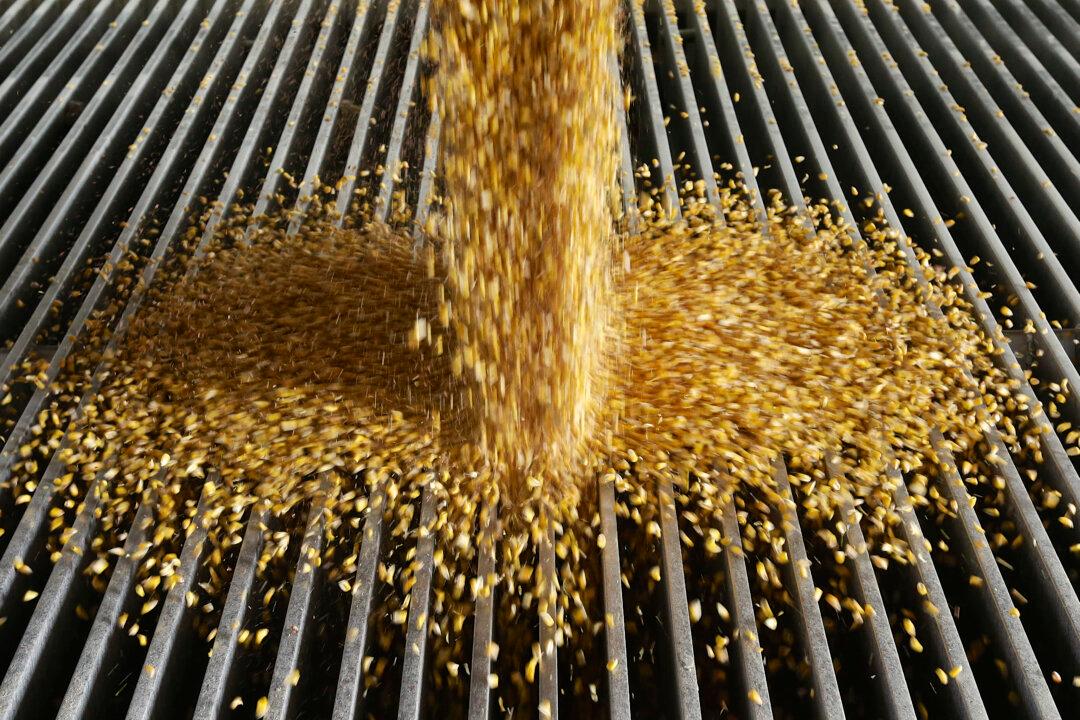Focus
Biofuel
LATEST
South Australian, Chinese Researchers Partner on Sustainable Biofuel
Australia aims to become a major exporter of biofuels especially because of the country’s comparative advantage to support production of the resource.
|
EU to Probe Chinese Biofuel Dumping Allegations
The EU Commission began investigating whether biodiesel from Indonesia was being transshipped through China to avoid EU taxes.
|
Can We Save the Algae Biofuel Industry?
Algal biofuels are in trouble.
|
How Should America Fund Its Highways in the 21st Century?
Falling gasoline prices have sparked a comeback among gas guzzlers, and the Obama administration wants to stop it in its tracks.
|
Take the Renewable Fuel Standard Down to Zero
The Environmental Protection Agency recently issued new rules dictating that 18 billion gallons of biofuels must be blended into America’s 2016 transportation fuel supply. This mandate, known as the Renewable Fuel Standard (RFS), has been a disaster for the country. The only sensible minimum renewable fuel mandate is zero.
|
Pope, UN Sabotaging Development Goals With Climate Mitigation Focus
By promoting the hypothesis that humanity controls Earth’s climate, Pope Francis and United Nations Secretary General Ban Ki-moon undermine many of the goals of last weekend’s Sustainable Development Summit.
|
Does Bioenergy Have a Green Energy Future in the US?
Bio-derived sources of energy—wood, grass, dung and alcohol—have a rich history yet have failed to command the “buzz” of solar, wind or even geothermal in public discussions regarding renewable energy.
|
Why Biofuel Algae Should ‘Eat’ Wastewater
Scientists are among the first to investigate using city wastewater as a feedstock for algae-based biofuels.
|
Report Rejects Ethanol for Fuel
Land is precious, and using it to produce biofuels is something the world cannot afford if we are going to continue to feed ourselves, according to a report.
|
Is Biofuel the Answer?
As the world runs out of oil, biofuels and oil palms look like an easy way to grab wealth. But are biofuels the answer to our problems?
|
Grow Agave for Biofuel Among Solar Panels
Growing carefully chosen plants like agave amid photovoltaic panels could allow solar farms to not only collect sunlight for electricity but also to produce crops for biofuels, new computer models suggest.
|
Poplar Trees Engineered to Break Down Into Biofuel
What began 20 years ago as an innovation to improve paper production and to make poplars more digestible for cattle, may now lead to a more efficient way to convert biomass into fuel.
|
Can Engineered Bacteria Make Biofuel for Missiles?
Researchers have engineered a bacterium to synthesize pinene, a hydrocarbon produced by trees that could potentially replace high-energy fuels, such as JP-10, in missiles and other aerospace applications.
|
Biofuels May Emit More Greenhouse Gases Than Thought
The environmental benefits of biofuels over fossil fuels may be overestimated, due to problems in the way greenhouse gas emissions are calculated, say two scientists.
|
South Australian, Chinese Researchers Partner on Sustainable Biofuel
Australia aims to become a major exporter of biofuels especially because of the country’s comparative advantage to support production of the resource.
|
EU to Probe Chinese Biofuel Dumping Allegations
The EU Commission began investigating whether biodiesel from Indonesia was being transshipped through China to avoid EU taxes.
|
Can We Save the Algae Biofuel Industry?
Algal biofuels are in trouble.
|
How Should America Fund Its Highways in the 21st Century?
Falling gasoline prices have sparked a comeback among gas guzzlers, and the Obama administration wants to stop it in its tracks.
|
Take the Renewable Fuel Standard Down to Zero
The Environmental Protection Agency recently issued new rules dictating that 18 billion gallons of biofuels must be blended into America’s 2016 transportation fuel supply. This mandate, known as the Renewable Fuel Standard (RFS), has been a disaster for the country. The only sensible minimum renewable fuel mandate is zero.
|
Pope, UN Sabotaging Development Goals With Climate Mitigation Focus
By promoting the hypothesis that humanity controls Earth’s climate, Pope Francis and United Nations Secretary General Ban Ki-moon undermine many of the goals of last weekend’s Sustainable Development Summit.
|
Does Bioenergy Have a Green Energy Future in the US?
Bio-derived sources of energy—wood, grass, dung and alcohol—have a rich history yet have failed to command the “buzz” of solar, wind or even geothermal in public discussions regarding renewable energy.
|
Why Biofuel Algae Should ‘Eat’ Wastewater
Scientists are among the first to investigate using city wastewater as a feedstock for algae-based biofuels.
|
Report Rejects Ethanol for Fuel
Land is precious, and using it to produce biofuels is something the world cannot afford if we are going to continue to feed ourselves, according to a report.
|
Is Biofuel the Answer?
As the world runs out of oil, biofuels and oil palms look like an easy way to grab wealth. But are biofuels the answer to our problems?
|
Grow Agave for Biofuel Among Solar Panels
Growing carefully chosen plants like agave amid photovoltaic panels could allow solar farms to not only collect sunlight for electricity but also to produce crops for biofuels, new computer models suggest.
|
Poplar Trees Engineered to Break Down Into Biofuel
What began 20 years ago as an innovation to improve paper production and to make poplars more digestible for cattle, may now lead to a more efficient way to convert biomass into fuel.
|
Can Engineered Bacteria Make Biofuel for Missiles?
Researchers have engineered a bacterium to synthesize pinene, a hydrocarbon produced by trees that could potentially replace high-energy fuels, such as JP-10, in missiles and other aerospace applications.
|
Biofuels May Emit More Greenhouse Gases Than Thought
The environmental benefits of biofuels over fossil fuels may be overestimated, due to problems in the way greenhouse gas emissions are calculated, say two scientists.
|





















